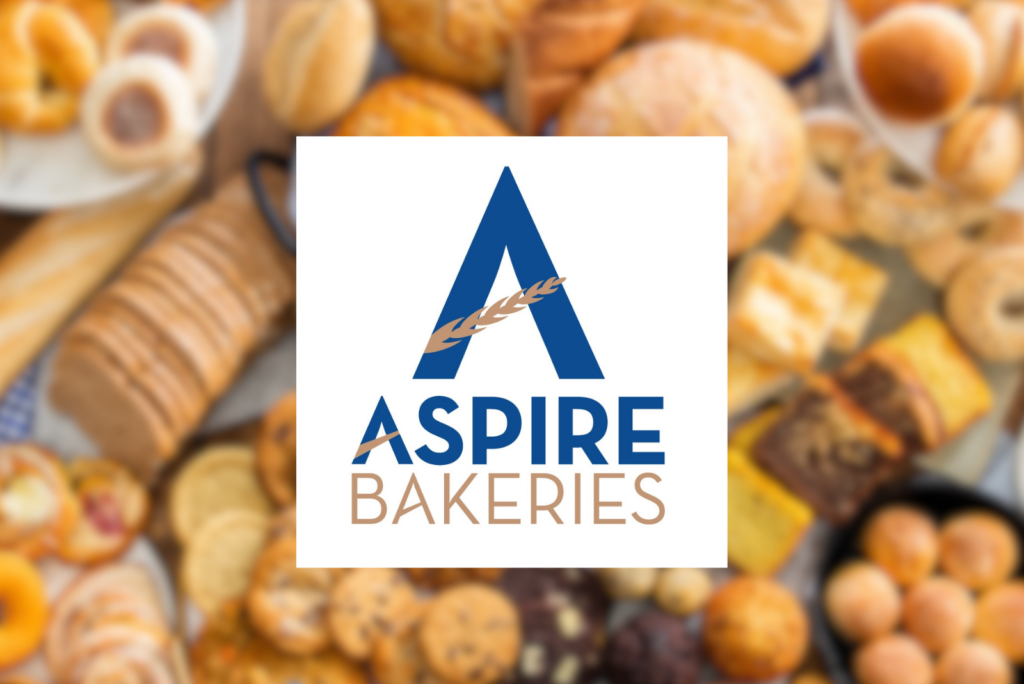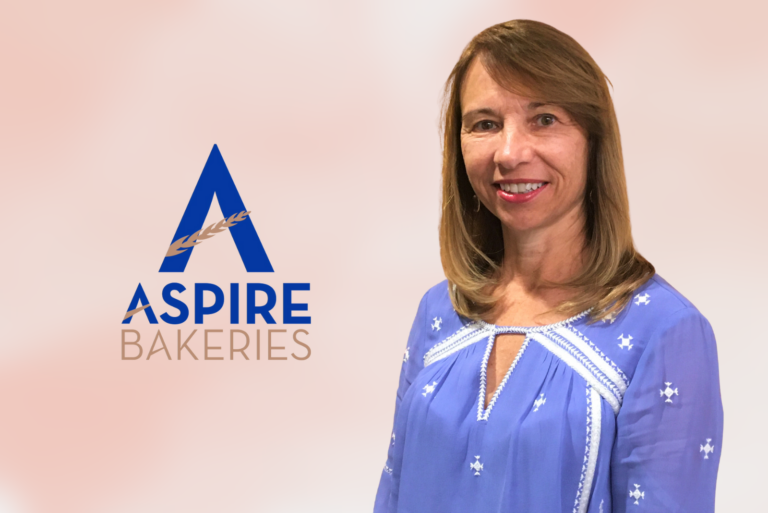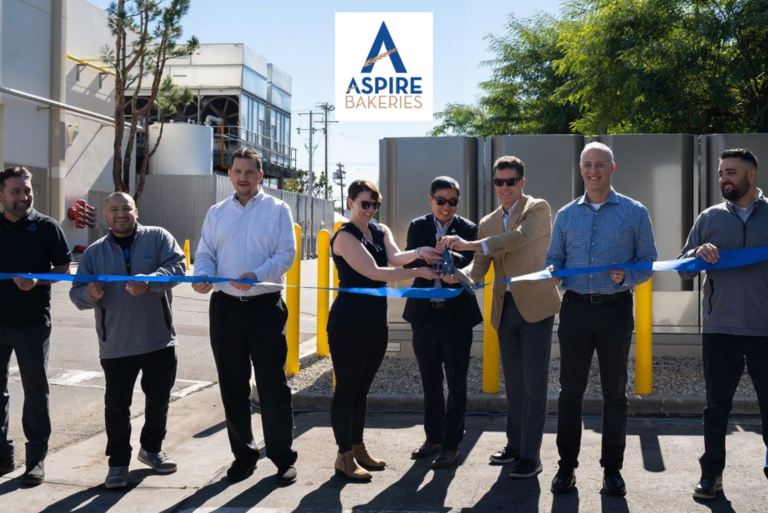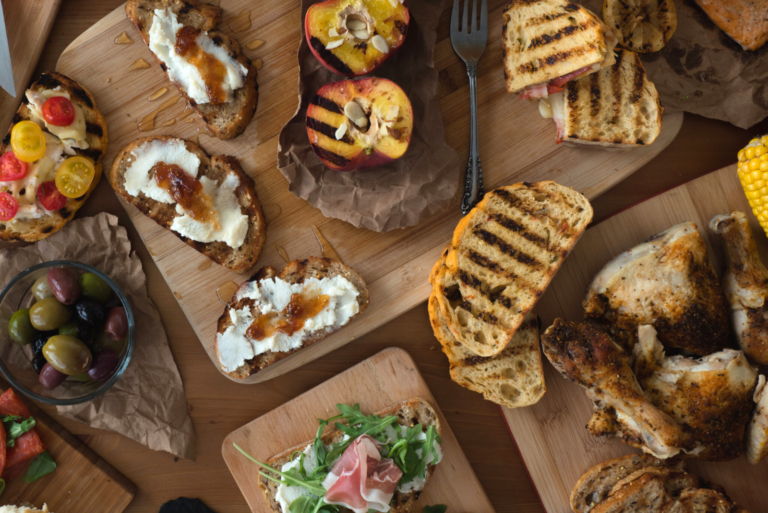ANAHEIM, CA —With inflation at an all-time high, consumers are more strategically looking at their budgets to maximize their dollars. This means looking at things like value and convenience with a more critical eye. During the International Dairy Deli Bakery Association (IDDBA)’s 2023 conference, held June 4-6 in Anaheim, CA, Joanie Spencer, editor-in-chief of Commercial Baking, sat down with Chris Prociv, chief commercial officer for Aspire Bakeries, to discuss how these shifting trends are impacting two of Aspire’s brands, Otis Spunkmeyer and La Brea Bakery.
Joanie Spencer: Consumers today are heavily focused on a product’s value proposition, and that goes beyond looking for the lowest price. How is this sense of value proposition impacting brands like Otis Spunkmeyer?
Chris Prociv: There’s a clear expectation of top quality at a reasonable price. If you look at our individually wrapped (IW) products, the price point might be slightly higher than a per-item price in a larger pack, but people are willing to pay a little more because it satisfies what they’re seeking at that particular time with no sacrifice in quality.
That really feeds into the need for convenience, which is also trending right now.
Yes. Consumers demand grab-and-go because they’re really busy, but they certainly don’t want to sacrifice quality or taste. If they know a brand and they know it’s good quality, and the product is IW, it checks all the boxes and it lands in their shopping cart.
What channels are you seeing grab-and go perform best?
It’s interesting because opportunities are still emerging for the IW business. There are channels that we might not even realize are a perfect fit for this. Think about how many people are traveling again, on the move, taking planes. We are all back on the go in so many different ways. Otis Muffins are in Marriotts and Hiltons, available for guests to pick up in the morning. That IW growth originated with COVID, but it really stuck and from all indications, is here to stay.










